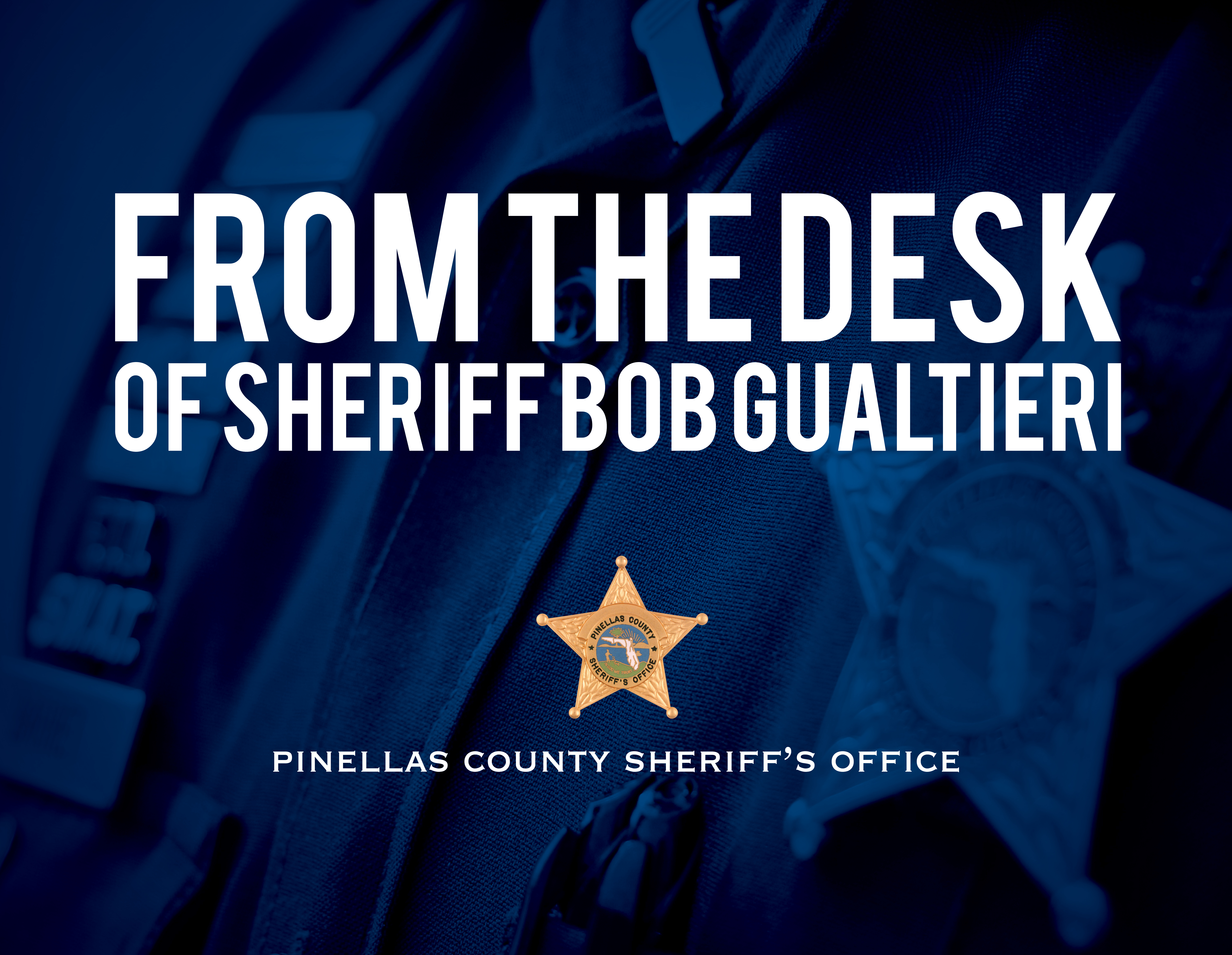Learn From Experience this Hurricane Season

After last year, you have no excuses. You know how dangerous and damaging hurricanes can be. You all know people who lost their homes and businesses that will never reopen again. You’ve seen hills of sand across Gulf Boulevard, and eight feet of water in apartments miles inland. We had been lucky for a long time, but last year Helene and Milton proved that we aren’t immune to hurricanes and the devastation they bring. This year, armed with that first-hand experience, make sure you are as prepared as possible for the coming hurricane season.
Know your zone. Pinellas County provides a detailed map of evacuation zones. Search for your address to find out if you are in Zone A, B, C, D, or E. If an evacuation order comes for your zone, you must leave as soon as possible for your safety. Since there were some unanticipated flooding events outside of evacuation areas, it’s not a bad idea to check with your neighbors if you’re new to the area and find out how your neighborhood did last year.
Have a plan to evacuate. If you live in an evacuation zone and need to leave, you don’t have to travel out of the county to find safety. All you need to do is move to an area that is not under an evacuation order. If you live in a non-evacuation zone, consider hosting friends or family who need a place to stay. And remember, if you live in a mobile or manufactured home and an evacuation order comes out for any zone, you must evacuate. Mobile and manufactured homes are at high risk from winds. Make a list now of the things you need to bring when you evacuate, such as medications and important documents. If you go to a hurricane shelter, bring items for comfort and entertainment too. Don’t forget to make arrangements for your pets – most shelters don’t allow pets.
Prepare for staying. If you’re not in an evacuation zone, make sure you have enough food, water, medication, batteries, and other essentials for two weeks. Be aware that you might not have power, and that means no air conditioning or refrigeration. When you make a hurricane kit, think about things like first aid for emergencies, tools for emergency repairs, and things to keep yourself entertained during days or weeks at home. If you use a generator, make sure you keep it outside and at least 20 feet from any windows, doors, or vents. Be aware of the dangers of carbon monoxide, fire, and electrocution.
After the storm, stay home if you can, and be aware that there may be standing water, fallen trees, down power lines, debris, and many hazards. Stay off the roads until conditions improve. If you have a home or business on the barrier islands, get an Emergency Access Permit now so you can return after the all-clear.
The most important thing before, during, and after a hurricane is to stay informed. Even if you aren’t usually a social media person, you should follow a few key accounts so you can have the latest and most accurate information. You might want to follow the National Weather Service, as well as local news channels. It’s a good idea to follow Pinellas County Government.
One of your best local resources is the Pinellas County Sheriff’s Office. Our team provides plenty of information on our Facebook and Instagram pages. We’ll give you preparedness tips, alert you to hazards, and help you through the aftermath. In times of crisis, having accurate information may save your life.